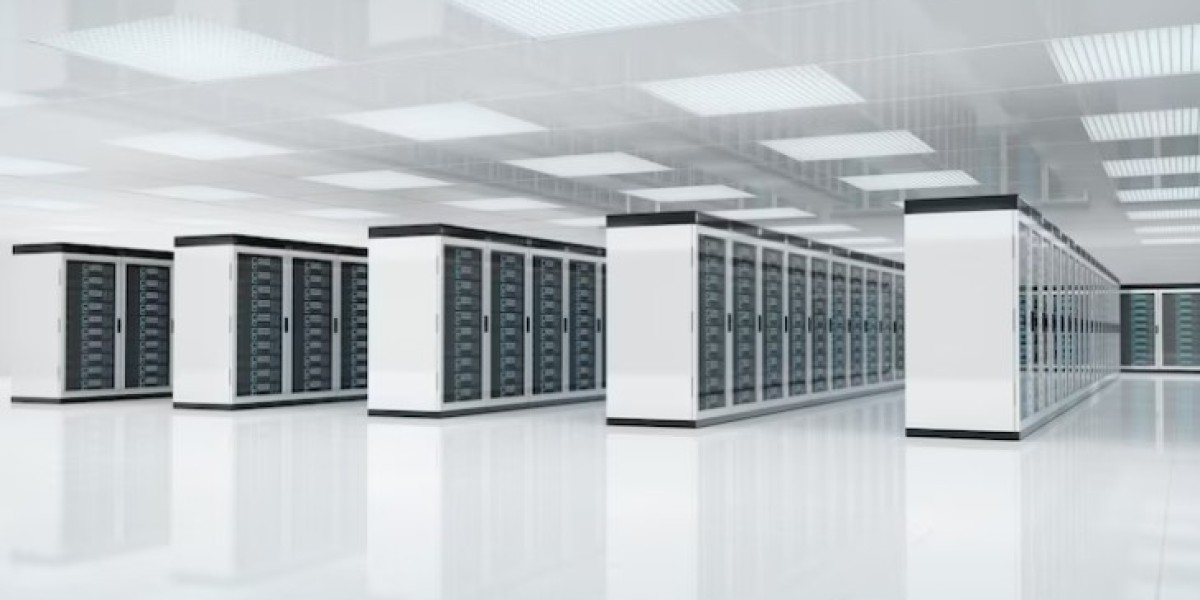In an era where data is the new gold, finding the perfect storage solution has never been more critical. Whether you’re a small business owner, a freelance creative, or a tech enthusiast, choosing between different storage options can be challenging. This blog post will guide you through comparing NAS (Network Attached Storage) with other storage solutions, helping you make an informed decision.
The Growing Importance of Data Storage
Data has become an integral part of every aspect of our lives. From personal photos to critical business documents, the need for reliable and accessible storage is universal. But with so many options available, how do you know which one is right for you? This guide aims to simplify that process by breaking down the pros and cons of various storage solutions, including NAS storage solutions.
What is Network Attached Storage (NAS)?
Network Attached Storage, commonly known as NAS, is a specialized device connected to a network that provides both storage and file systems. Network storage solutions devices are versatile, offering features like file sharing, media streaming, and remote access. They are ideal for both personal and business use, providing an efficient way to store and manage data.
Key Features of NAS
One of the standout features of NAS is its ability to offer centralized storage. This means all your data is stored in one place, making it easily accessible from any device connected to your network. Another significant advantage is the scalability of NAS storage solutions. You can start with a smaller setup and expand as your storage needs grow. Additionally, NAS devices often come with built-in redundancy, protecting your data from hardware failures.
How does NAS work?
NAS operates by connecting to your existing network, acting as a dedicated storage server. Users can access files from multiple devices, whether they’re on the same network or accessing remotely. NAS devices typically come with easy-to-use interfaces and support for various file protocols, making them versatile and user-friendly.
Comparing NAS with Cloud Storage
Cloud storage has revolutionized the way we store data, offering convenience and accessibility. However, it’s essential to compare it with NAS to understand where each excels.
Benefits of Cloud Storage
One of the most significant benefits of cloud storage is its accessibility. You can access your data from anywhere with an internet connection, making it ideal for people who are always on the go. Cloud storage also offers automatic backups, ensuring your data is safe even if your local device fails. Additionally, cloud providers often offer scalable storage solutions, allowing you to pay only for what you use.
Drawbacks of Cloud Storage
Despite its many advantages, cloud storage has some drawbacks. One of the most significant concerns is data security. Storing your data on a third-party server means you’re entrusting another company with your sensitive information. There’s also the issue of ongoing costs. While cloud storage can be affordable initially, costs can add up over time, especially if you require large amounts of storage. Lastly, relying on an internet connection can be a limitation, especially in areas with poor connectivity.
When to Choose Cloud Storage Over NAS
Cloud storage is an excellent choice for individuals and businesses that prioritize accessibility and convenience. It’s ideal for those who need to access their data from multiple locations and devices regularly. However, if you’re concerned about long-term costs or data security, you might want to consider other options.
Comparing NAS with External Hard Drives
External hard drives have been a popular choice for personal data storage for years. They offer a straightforward way to store and transport data, but how do they compare with NAS?
Benefits of External Hard Drives
One of the most significant advantages of external hard drives is their simplicity. They are plug-and-play devices, requiring no special setup or configuration. They are also highly portable, allowing you to carry your data with you wherever you go. Additionally, external hard drives are generally more affordable than other storage solutions, making them accessible to a wide range of users.
Drawbacks of External Hard Drives
Despite their convenience, external hard drives have some limitations. One of the most significant is their lack of redundancy. If your external hard drive fails, you could lose all your data. They also offer limited scalability. Once your drive is full, you’ll need to purchase another one. Furthermore, external hard drives do not offer the same level of accessibility as NAS vs cloud storage, as they need to be physically connected to a device to access the data.
When to Choose External Hard Drives Over NAS
External hard drives are ideal for individuals who need a simple and portable storage solution. They are perfect for backing up data or transporting files between different locations. However, if you require more advanced features like remote access or redundancy, NAS might be a better option.
Comparing NAS with SAN (Storage Area Network)
Storage Area Networks (SAN) are designed for high-performance and large-scale data storage, typically used in enterprise environments. But how do they compare with NAS?
Benefits of SAN
SANs offer high-speed data transfer and low latency, making them ideal for applications that require fast access to data. They also provide high levels of redundancy and reliability, ensuring that your data is always available when you need it. Additionally, SANs are highly scalable, allowing you to add storage capacity as your needs grow.
Drawbacks of SAN
Despite their advantages, SANs have some drawbacks. One of the most significant is their complexity. Setting up and managing a SAN requires specialized knowledge and skills, making them less accessible to smaller businesses or individuals. They are also more expensive than other storage solutions, both in terms of initial setup and ongoing maintenance costs.
When to Choose SAN Over NAS
SANs are best suited for large enterprises with high-performance storage needs. They are ideal for businesses that require fast access to large amounts of data and have the resources to manage a complex storage solution. However, for most small to medium-sized businesses, NAS offers a more accessible and cost-effective alternative.
Comparing NAS with DAS (Direct Attached Storage)
Direct Attached Storage (DAS) is a type of storage that is directly connected to a computer or server. It’s a popular choice for individuals and small businesses, but how does it stack up against NAS?
Benefits of DAS
One of the main benefits of DAS is its simplicity. Like external hard drives, DAS devices are plug-and-play, requiring no special setup or configuration. They also offer fast data transfer speeds, as there is no network latency to contend with. Additionally, DAS devices are often more affordable than NAS or SAN solutions.
Drawbacks of DAS
Despite their simplicity, DAS devices have some limitations. One of the most significant is their lack of network accessibility. Because they are directly connected to a single device, accessing data from other devices is more challenging. They also do not offer the same level of redundancy or scalability as NAS or SAN solutions.
When to Choose DAS Over NAS
DAS is an excellent choice for individuals or small businesses that need a simple and affordable storage solution. They are ideal for situations where fast data transfer is more critical than network accessibility. However, if you need a storage solution that can be accessed from multiple devices or offers greater scalability, NAS might be a better fit.
Security Considerations
When choosing a storage solution, security should be a top priority. NAS devices often come with built-in security features like encryption and user authentication, providing an added layer of protection for your data. On the other hand, cloud storage requires you to trust a third party with your data, which may raise concerns about data breaches and unauthorized access.
Cost Analysis
Cost is another critical factor to consider when comparing storage solutions. While NAS devices may require a higher initial investment, they can be more cost-effective in the long run compared to cloud storage, which involves ongoing subscription fees. External hard drives and DAS devices are generally more affordable but may lack the advanced features and scalability of NAS.
Ease of Use
NAS devices are designed to be user-friendly, with intuitive interfaces and easy setup processes. This makes them accessible even to those with limited technical knowledge. In contrast, SANs and some DAS devices may require more specialized knowledge to set up and manage, making them less suitable for smaller businesses or individual users.
Scalability and Flexibility
One of the standout features of NAS is its scalability. You can start with a smaller setup and expand as your storage needs grow. This flexibility makes NAS an excellent choice for businesses that anticipate growth. Cloud storage also offers scalability but may come with higher long-term costs. External hard drives and DAS devices are less flexible, requiring additional purchases as your storage needs increase.
Conclusion
Choosing the right storage solution is crucial for managing your data efficiently and securely. NAS offers a versatile and scalable option that caters to a wide range of needs, making it an excellent choice for both personal and business use. Whether you’re considering cloud storage, external hard drives, SAN, or DAS, understanding the pros and cons of each option will help you make an informed decision.
By considering factors like security, cost, ease of use, and scalability, you can find the storage solution that best meets your needs. For more personalized advice and to explore our range of NAS devices, feel free to contact our team of experts.









